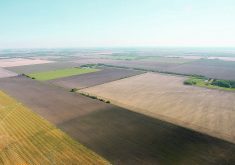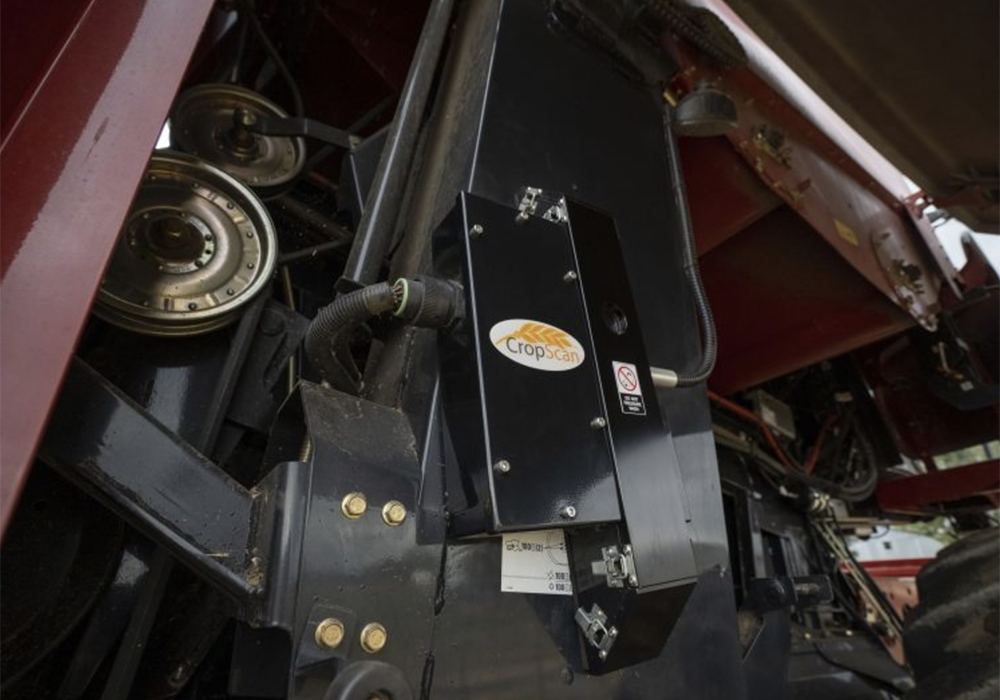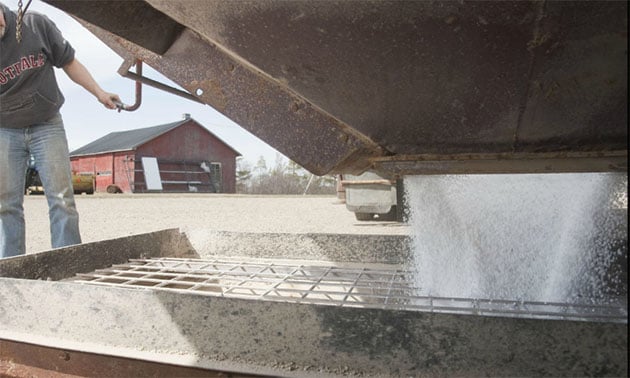Most farmland is held outside of the company because individually owned farmland is eligible for the capital gains exemption.
However, three of my firm’s corporate farmers have moved contrary to the herd in the past month by using their corporations to buy adjoining farmland.
The land was considered to have been acquired at a high cost and the parcels were small — two quarter-sections or less.
Let’s assume that a farmer has the means to buy a quarter section for $180,000. He can either buy it personally or within his farming corporation. He pulls a regular salary of $42,000 from his farming corporation, which makes any additional income subject to a 35 percent marginal tax rate.
Read Also

Important to write farmland rental agreements properly
Are you considering renting out your farmland? If so, there are important tax considerations when making this decision. The rental…
His Saskatchewan corporation pays 13 percent tax on the first $500,000 of taxable income.
Let’s also assume that this quarter section will double in value in 20 years. At that time, it will be sold.
What’s the upside?
Fewer overall farm dollars are re-quired to pay off the mortgage if the company buys the land.
For simplicity, let’s assume that the farmland is 100 percent financed. That means it would require $207,000 of corporate dollars to repay the mortgage in full.
However, if the farmer bought the same quarter outside of his company, he would require $277,000 of salaried or rental income to repay the mortgage in full. If the mortgage was to be repaid in 10 years, this farmer would have to pay $7,000 more per year to pay off the land.
The $70,000 difference is comprised entirely from the difference in corporate versus individual income tax rates. More dollars are available for debt servicing in a corporation than out.
But what are we losing?
There will be a capital gain of $180,000 if the farmland value doubles in 20 years to $360,000. Half of this would be taxable using current rates. If the farmer as an individual buys the land he would save $33,986 of personal income taxes by claiming his capital gains exemption.
The company would also report a capital gain of $180,000 if it sold the same land for $360,000.
Our corporate farmer would pay $18,000 in corporate taxes using current rates, with no refundable tax component.
It should also be noted that the funds would be trapped in the company. More personal income taxes would have to be paid if the net funds were pushed out of the company, which further equalizes our positions.
Farmers also prefer to hold land personally because it allows them to take advantage of farm debt legislation that protects individual landowners. The same level of protection is not available to the corporate farmer.
In the end, given the option, all three of our corporate farming clients have decided to use their corporations to buy the farmland. They reasoned that having an extra $7,000 annually in their farming operations was more important than saving tax in 20 years.
Twenty years is a long time in farming and if the price outlook for farmland remains bullish, it is possible with some accounting magic to get the same tax-free capital gains exemption on corporately owned land. It is a more complicated and costly process and will require the right team of legal and accounting advisers.
If you are considering buying farmland at prices you never before imagined, then be sure to consider the corporate option.
There is a lot of uncertainty in farming, but having more cash right now is not a bad motivation to consider this option.














